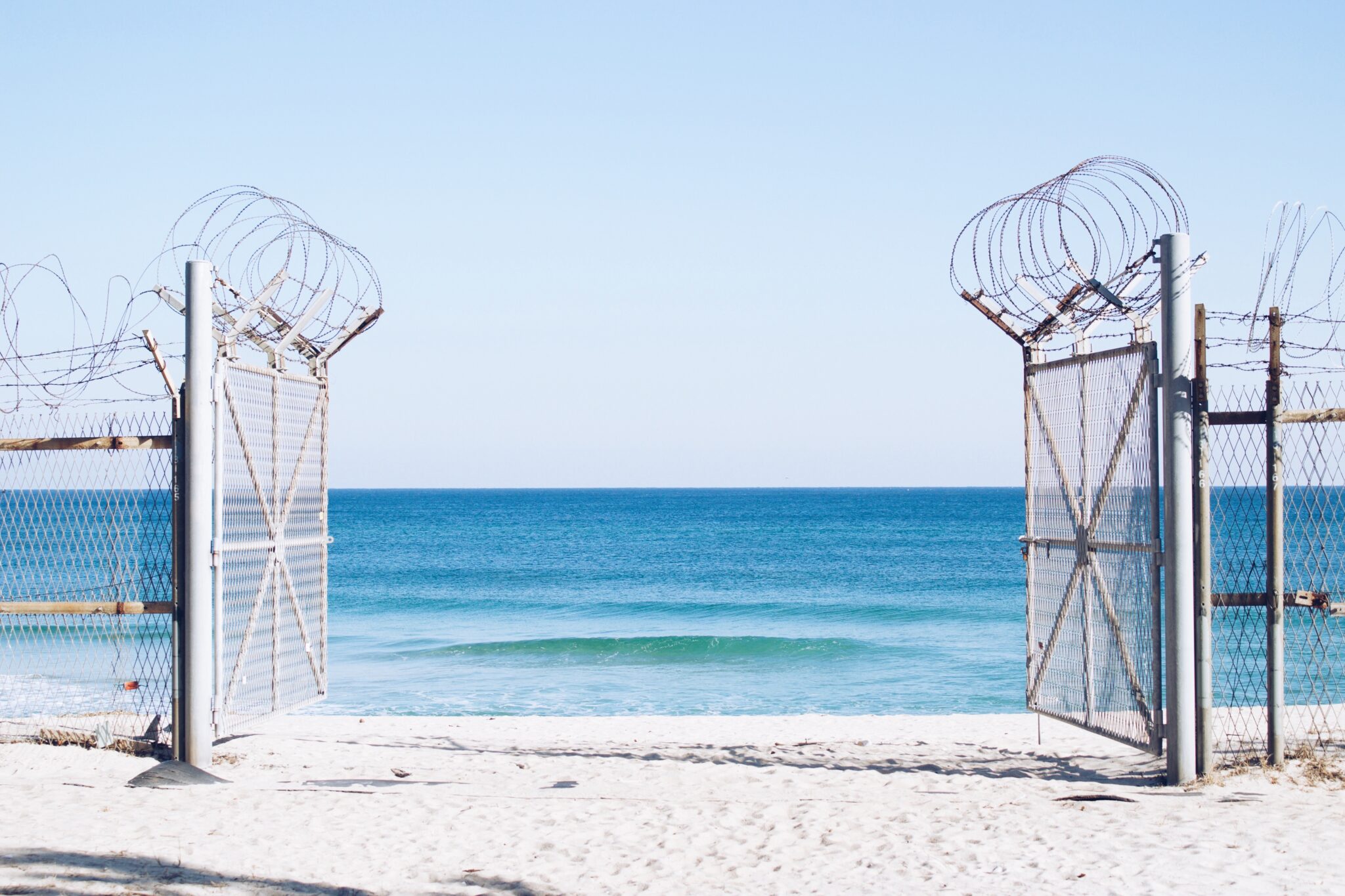Closed borders have created a backlog of criminal deportations to Pacific Islands states, and more effective transition programs are needed to reduce the risk of recidivism among returnees, Henrietta McNeill and Magele Vernon Mackenzie write.
Criminal deportations to the Pacific have risen significantly in the last decade. These deportees, who are mostly male, are being sent back to their country of citizenship primarily from the United States, Australia, and New Zealand. However, during the COVID-19 pandemic, the borders to Pacific states have been shut, slowing down physical deportations. Pressure is building as the number of people facing deportation when borders reopen rises. But there is an opportunity to avert a potential regional security crisis by recognising and addressing the reintegration needs of deportees.
During the pandemic, a small number of deportees have received permission by their state of citizenship to travel. However, the far more common situation has been for deportees to be held in their deporting state until borders reopen.
By May 2020, there were 44 individuals awaiting deportation to the Pacific region from New Zealand alone, and it is estimated that there are many more now awaiting deportation, including from Australia and the United States. These figures have only compounded as the borders have remained closed for almost 20 months, while to-be-deportees have been detained in immigration detention or prison. A potential influx is forming, figuratively dammed by COVID-19.
The Pacific Transnational Crime Network has assessed criminal deportees as a threat to regional security for over five years. Deportees sent to Samoa, Tonga, Cook Islands, Fiji, Federated States of Micronesia, and the Marshall Islands have often been offshore for decades, and have limited language skills, cultural understanding, and social connections to the country of their citizenship.
For states that received four to six deportees per month prior to COVID-19, this potential increase is significant. Tonga has highlighted the burden faced by Pacific states to reintegrate what they see as an externally-caused, exported problem, and requested that deporting states assist with rehabilitation prior to deportation.
This prospect of receiving an ‘influx’ of deportees was raised at the Joint Heads of Pacific Security pre-event webinar as a security concern, citing fears of cohorts with gang affiliations congregating, possible links to transnational organised crime, and recidivism.
These are unprecedented times, and the world is anxious for normality and the reopening of borders. When borders do eventually open, Pacific states face a complex situation. States are often quick to consider police-led monitoring and surveillance of returnees due to recidivism.

This approach, however, will be unmanageable when the borders open due to the scale required and because already-limited police resources are focused on other domestic duties, such as the drug crisis in Tonga. Therefore, reintegration is going to be critical.
Both Samoa and Tonga have existing reintegration programs available to returning deportees to assist with learning cultural practices, developing skills to gain employment, and interact with the community. However, these programmes receive no ongoing government funding and rely on foreign aid or fundraising to get by. While New Zealand has recently given funds to Tonga’s Dare to Dream programme to establish a halfway house, this is only a one-off grant and does not provide for ongoing management and maintenance of the facility.
In addition, specialist facilities such as counselling for former sexual offenders are unavailable on-island, placing pressure on already-stretched mental and public health services.
As non-governmental organisations, these support programmes are voluntary, so at deportees cannot be forced to join. However, in states with under-resourced public services, accessing the required services for those outside reintegration programmes can be difficult without support. Lack of support can make returnees feel even more excluded, increasing the chances of reoffending.
Even those who have been allowed to return during the pandemic may struggle to reintegrate, as their arrivals were highly conspicuous, some on a plane solely intended for deportees when no one else was able to travel. In close-knit communities, the manner of their arrival can increase stigma for these individuals, who already face challenges to reintegration.
Conversely, the Samoa Returnee Charitable Trust found that those inside the programme were much less likely to re-offend, as compared to returnees outside the program. Therefore, funding and supporting reintegration is crucial to outcomes which will undoubtedly affect both the receiving state and their security relationships with deporting states – successful reintegration is in the best interests of all actors.
While health and economic security have been pressing issues for the region during the pandemic, now is the time to consider the deportation process and how to better support reintegration, by both Pacific states and their partners (ironically, the deporting states). With borders likely to reopen soon, time is running out to fix the current flawed model.
COVID-19 has created a backlog of deportees, which receiving states will struggle to deal with once they reopen their borders. Whether or not this influx leads to the predicted crisis will depend on the sustainability of support measures for returnees. Ongoing technical and financial support would have been needed regardless of the pandemic, but action needs to be taken now to ensure that these facilities are in place before the COVID-19 dam bursts.
SOURCE: POLICY FORUM/ PACNEWS

















